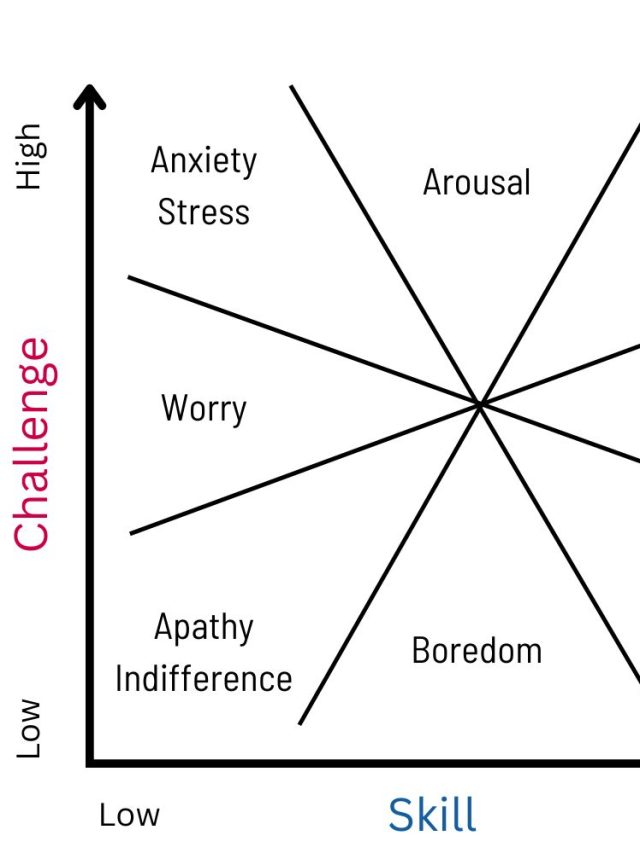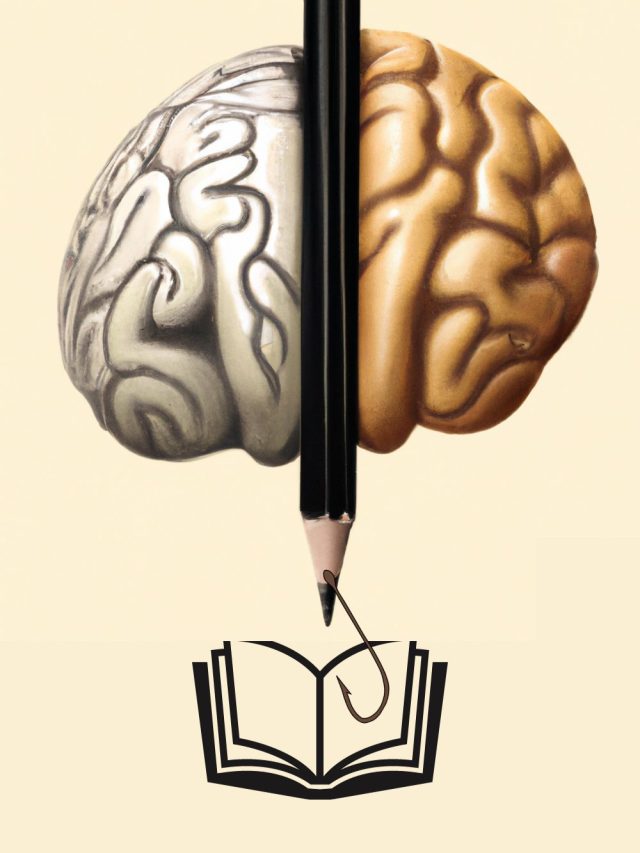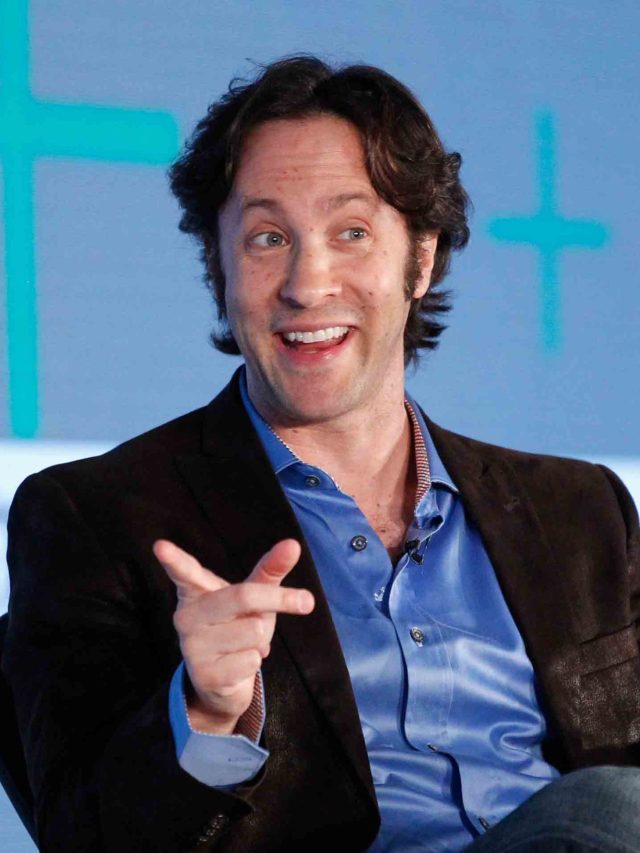The survivorship bias – you need success stories and failure stories.
The survivorship bias is a thinking error that leads to false conclusions. With this article, you will be able to answer the following question.
Question: Why do People who wear helmets on the road have a higher chance of having a brain injury?

Glad he has a helmet on.
During world war II, Abraham Wald, a statistician, made a smart logical inference which led to bomber planes lasting longer in the field.
He realized that planes that returned from battle had bullet holes all over them. Surely, one would think that the planes need better armor. Most would think the planes should use heavy armor where there are bullet holes. Abraham Wald took into consideration the survivorship bias.
He noticed that planes with bullet holes had some hidden information in them. The ones that had holes at particular spots did not collapse in battle. The planes that did not return must’ve had bullet holes in some other spots that led to critical damage and thus the collapse of the plane. The pattern of bullet holes in survivor planes showed where the plane can get hit and still survive.
Now they knew exactly what to do – Build armor for places where the survivor planes did not take bullet hits. They knew those were the critical points. They reinforced the unscathed parts of the survivor planes.
This story highlights how deeply embedded the survivorship bias is in the workings of the world.
We will now look at 5 examples of the survivorship bias.
Examples of the survivorship bias
The successful businessman
Who made it to the top? We hear success stories of people and it is intuitive to attribute the success to what they did to get there. But that isn’t logically correct because the survivorship bias is at play. We do not know how many people did similar things as our survivor to get to the top and yet failed. Maybe for every 1 successful person who tries doing X, there are 40 others who fail in spite of doing X. Perhaps it was just about being there at the right place at the right time! This is why I would recommend not taking advice from leaders only. Take advice from beginners, Listen to the mantra of all types of people, successful and not successful!
The miracle healer
We hear stories of people who can heal with some abstruse techniques. Shamans, Witchdoctors, Baba, God-men, Spiritual healers, etc., all usually have clients who confirm their credibility. Fighting slow-killing diseases is hard. Take, for example, cancer. There are people who seek alternative pseudo-medical help. Of all the people who seek such help, a portion of them will survive the illness for any number of reasons. Some of them won’t. The ones who don’t live to tell the story are all those cases that couldn’t be saved by these healers. But, when some survive, the story spreads. Now, when all stories that spread and by definition survivors, that leads to the following false conclusion: Every person who has gone to the healer had his cancer cured. No. You’ve only heard stories of people who could live to tell the story. Only if we could hear the stories of those who died, we’d have an objective view.
The daredevil on the road
Super-speeding badass drivers often boast about how cool their journey was because they rode at 89,347 km per hour. Fast drivers who lived after that can boast about their thrilling ride and expert control behind the wheel. The ones who died on the highway because of speeding are no longer there to tell you how speeding killed them. Thus, once again, we have people who would corroborate that a fast driver can, in fact, survive on the road by doing what they did.
The mugger challenger
People often go into shock when they realize that they are being mugged. Occasionally, a person thinks -“Don’t mess with me, I am dangerous” and takes on the mugger and prevents getting mugged, even from gunpoint. Does that mean going Terminator on the mugger would prevent getting mugged? No. Once again, the number of people who lost their lives resisting the mugger couldn’t live to tell the story.
The history book
This one is easy. We all have heard our history teachers say this, “History is written by the winners!”. That is true, we know the story of those who survived! The stories of people who are lost in battle are forever removed from our sample of data to understand history! It’s no longer a history book, it’s a survivor’s manual. The book is a goldmine for statements that are conclusions of the survivorship bias. I am no expert on history so I won’t risk misquoting the already obscured accepted facts of history but, you could just read a history book and realize where there could be one!
Anecdotes make our society illogical and full of poor advice. It is a fundamental flaw, the survivorship bias.
Don’t listen to the survivors about what they did to survive, remember there are people who did not live to tell the story of what they did and how it affected them. The survivor and dead guy might have had done the exact same things.
In conclusion,
The survivorship bias is created when one focuses on information that survives a process or situation but ignores the information that failed to survive causing a biased view of the truth.
Structure of the survivorship bias
- X% of people successfully completed doing something and live to tell the story of how they did it. They often believe that the cause of success is what they did.
- (100 – X)% of people failed to succeed and probably did not survive to tell the story of how or what they did. Thus (100-X)% people are eliminated from the visibility of information.
We don’t know what (100-X)% people did, perhaps the same thing as X, perhaps something different. Perhaps something that X avoided (but they don’t know if they did, we have no comparison). We wouldn’t know! False conclusion: Doing what X% people did had an effect on their success. Think of all the places where you feel the survivorship bias is in play. Maybe the classroom? Your office? Restaurants?
Instead of people, the survivorship bias can work for objects too. In this case, it occurs when an X% of objects survive a process and 100-X fail to survive it.
Key advice: Find out as much as you can about failure stories, not just success stories. And yeah, don’t take anecdotes too seriously. We don’t want you speeding at 34,898,345 km per hour to reach Jupiter for breakfast.
Time to answer the original question.
…
…
…
…
…….
Answer: Helmets may sometimes prevent fatal blows to the head and thus leave the person with just an injury, instead of death. People who die are not included in our premise. Without helmets, more people will die and thus reduce the number of people with only head injuries.
P.S. I have written another article[1] on the same subject.
Sources

Hey! Thank you for reading; hope you enjoyed the article. I run Cognition Today to paint a holistic picture of psychology. My content here is referenced and featured in NY Times, Forbes, CNET, Entrepreneur, Lifehacker, about 15 books, academic courses, and 100s of research papers.
I’m a full-time psychology SME consultant and I work part-time with Myelin, an EdTech company. I’m also currently an overtime impostor in the AI industry. I’m attempting (mostly failing) to solve AI’s contextual awareness problem from the cognitive perspective.
I’ve studied at NIMHANS Bangalore (positive psychology), Savitribai Phule Pune University (clinical psychology), Fergusson College (BA psych), and affiliated with IIM Ahmedabad (marketing psychology).
I’m based in Pune, India. Love Sci-fi, horror media; Love rock, metal, synthwave, and K-pop music; can’t whistle; can play 2 guitars at a time.











I landedhave via LinkedIn and love these. Thank you.
Thank you Ghanshyam, glad you loved the examples 😀
I actually love the article bro!
Thanks, man! Glad you do:)